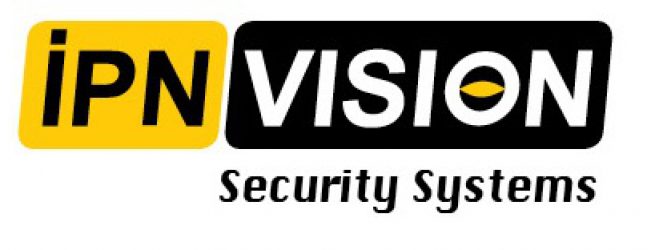Software
🔒 Notice:
For security and confidentiality reasons, detailed technical information is available only to registered and authorized users.
The Impact of Software on Modern Living
In the digital age, software has become the backbone of our technological ecosystem, driving innovation, efficiency, and connectivity. From the applications on our smartphones to the complex systems running industries, software is the invisible force shaping our daily lives.
Definition and Diversity:
At its essence, software consists of instructions and data that enable computers and devices to perform tasks. It's a broad term encompassing applications, operating systems, and programming code. The diversity of software ranges from simple mobile apps to intricate enterprise solutions and plays a pivotal role in virtually every aspect of our interconnected world.
Applications Across Industries:
Business Solutions: Enterprise software streamlines operations, from customer relationship management (CRM) systems to resource planning and data analytics, enhancing organizational efficiency.
Entertainment and Media: Software powers the video games we play, the streaming services we use, and the editing tools that bring creativity to life in the film and music industries.
Healthcare Innovations: Electronic health records, diagnostic tools, and telemedicine applications are examples of software transforming healthcare, improving patient care, and facilitating medical research.
Development and Evolution:
Software development involves a collaborative process of designing, coding, testing, and deploying solutions. Programming languages such as Python, Java, and JavaScript are the building blocks, and development frameworks like React and Django streamline the creation of applications.
The field of software development is in constant evolution, with methodologies like Agile and DevOps emphasizing iterative development and continuous improvement. Open-source communities contribute to the collaborative nature of software development, fostering innovation and accessibility.
Challenges and Future Trends:
Despite its transformative impact, the software industry faces challenges like security concerns, ensuring compatibility across devices, and addressing the ethical implications of emerging technologies. Looking ahead, trends like artificial intelligence, edge computing, and blockchain are poised to redefine the landscape, promising more intelligent, decentralized, and secure software solutions.
In conclusion, software is the silent enabler of our digital age, driving progress and shaping the way we live, work, and communicate. As it continues to evolve, the potential for software to solve complex problems, enhance creativity, and connect people globally is boundless. Embracing this dynamic field ensures that the technological landscape of tomorrow is even more innovative and interconnected than today.
